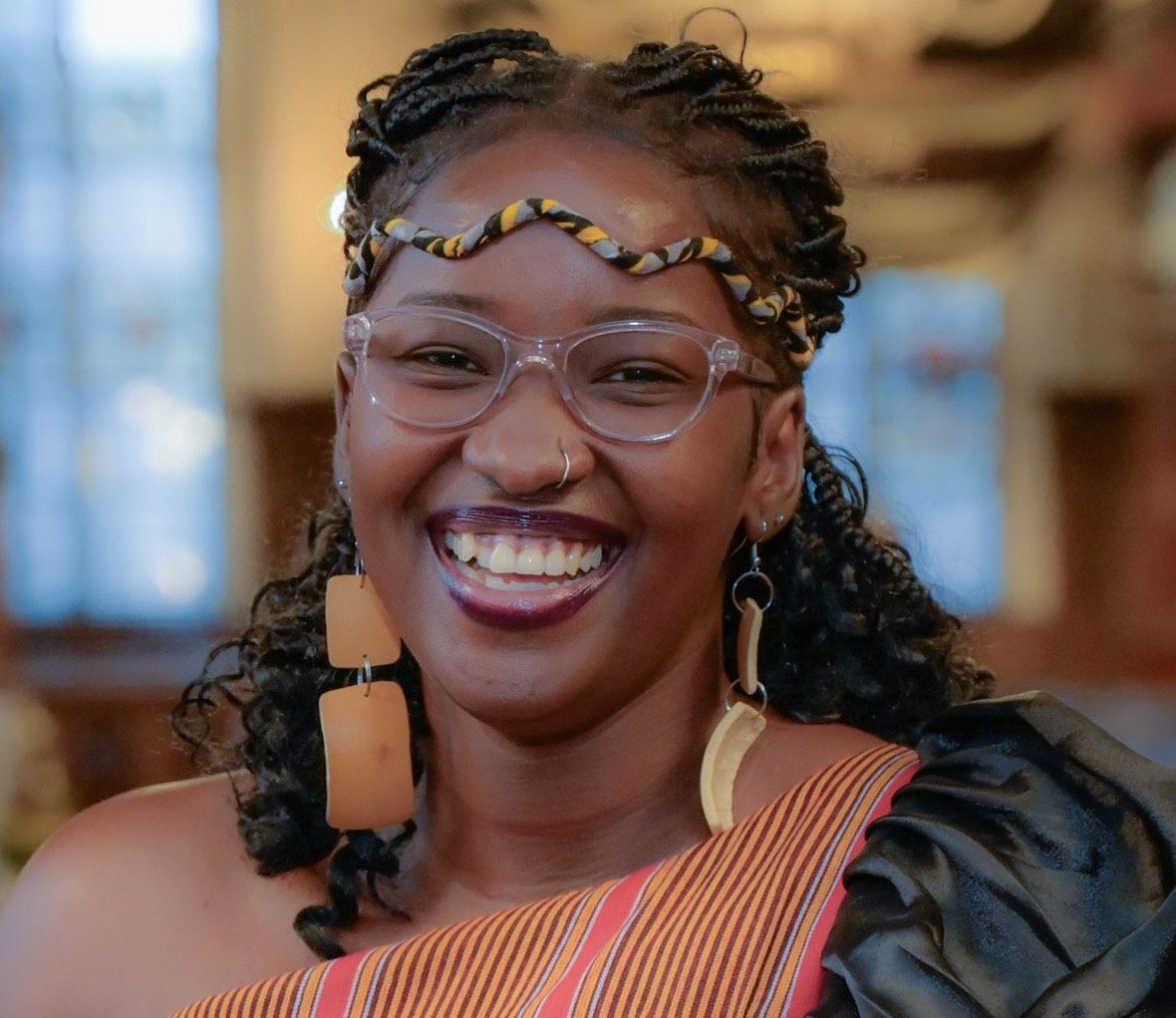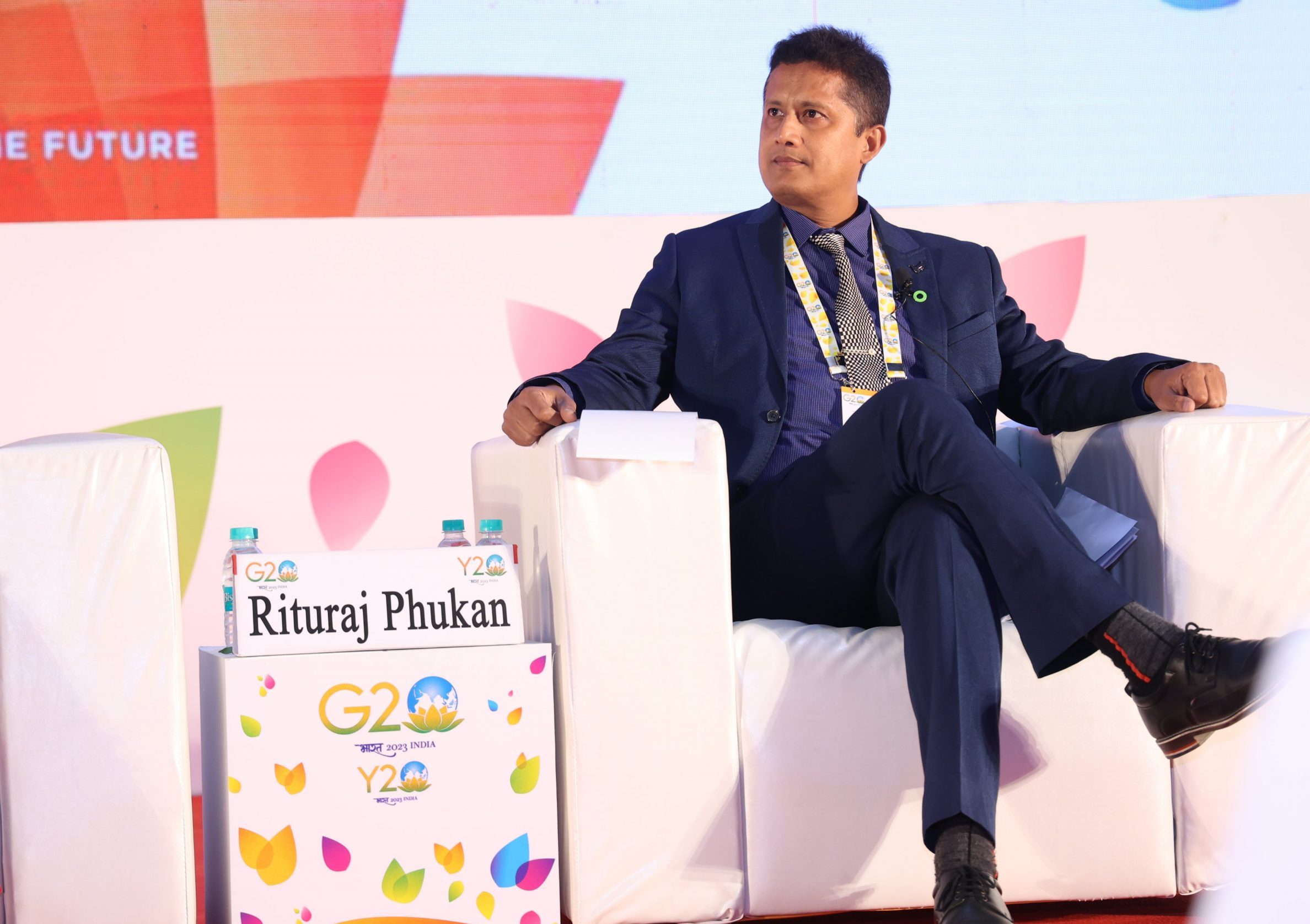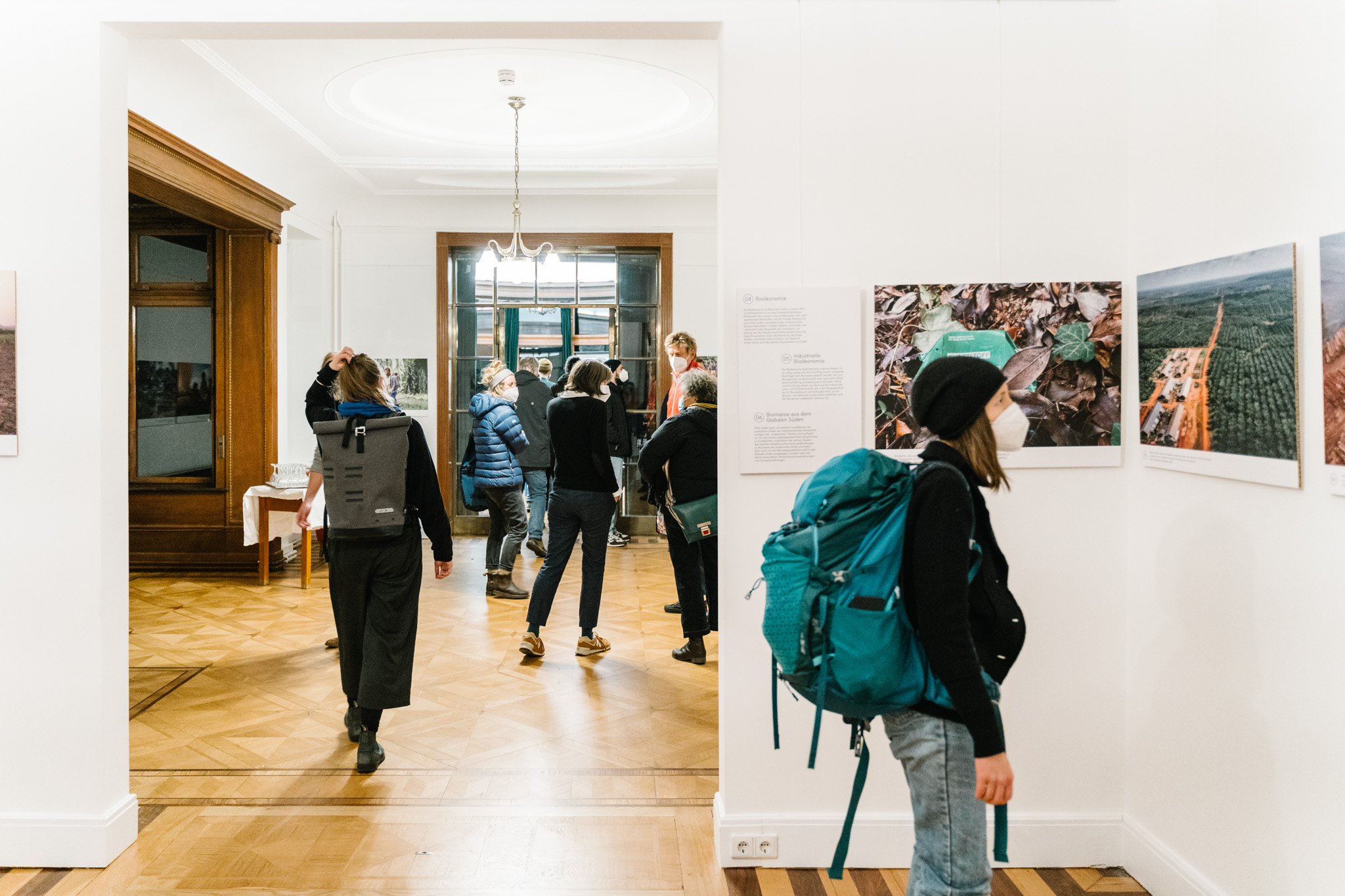Harald Ginzky: The carbon footprint increases with the size of one’s wallet.
Dr. Harald Ginzky works as an environmental lawyer and transformation scientist for the German Environment Agency, now for more than 20 years, and is in charge of inter alia negotiating international environmental treaties as member of German delegations. In 2019, he co-founded the working group (“Arbeitskreis”) of the SPD Bremen City – Climate Change, Environmental Protection and Sustainable Economy, which he has since led together with Bianca Wenke. In an interview with denkhausbremen – which he expressly did not conduct for the German Environment Agency, but as spokesman for the aforementioned AK – he discusses the challenges for the SPD with regard to global climate justice. (Photo: Ev. Academy Loccum) denkhausbremen: What does climate justice mean to you? What comes to your mind spontaneously? Harald Ginzky: We can only achieve justice if we understand what the real challenge of climate policy is. It is often pretended that the core objective of climate policy is just to reduce greenhouse gas emissions. In my opinion, this is fundamentally wrong and in itself leads to an elitist and unjust approach. At …










